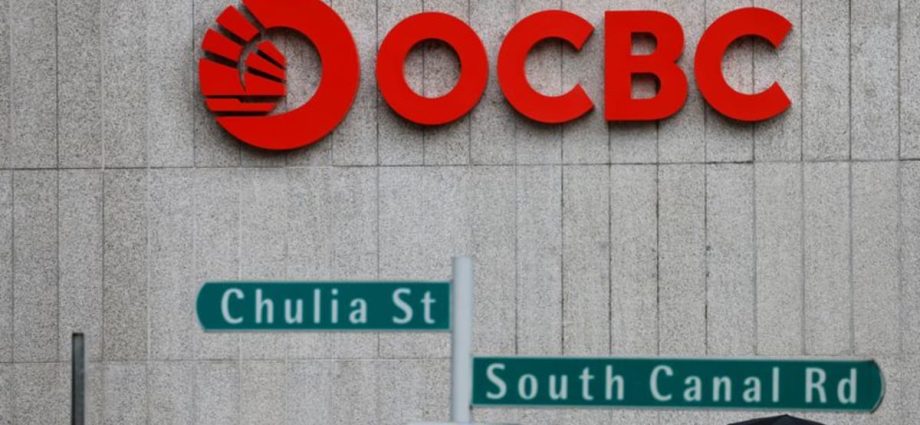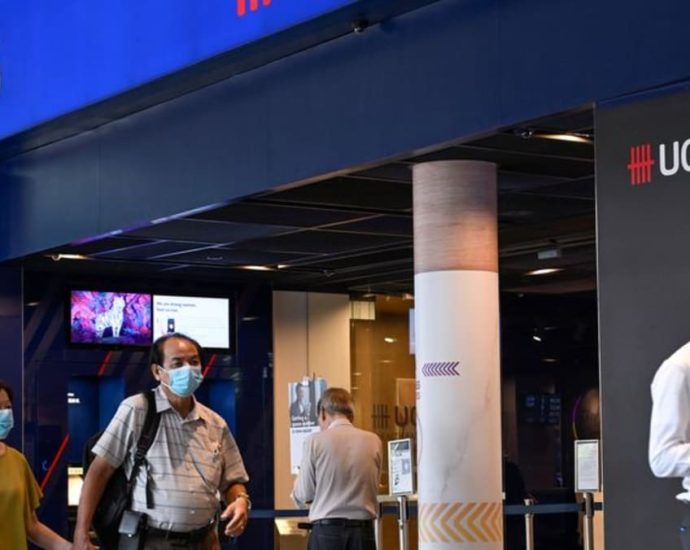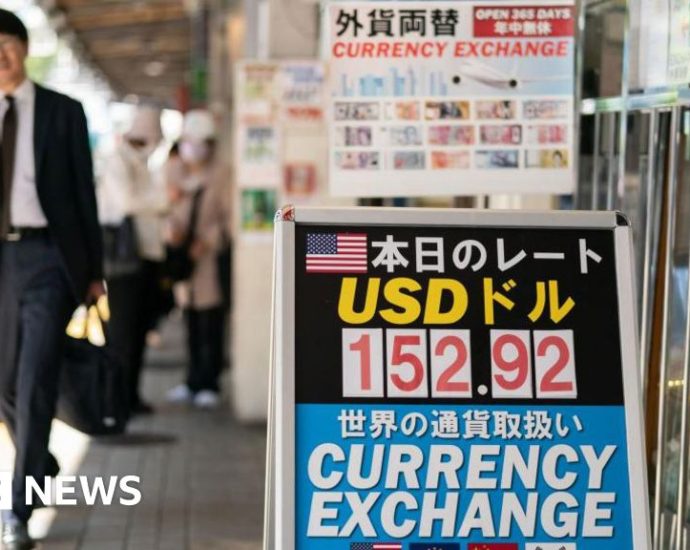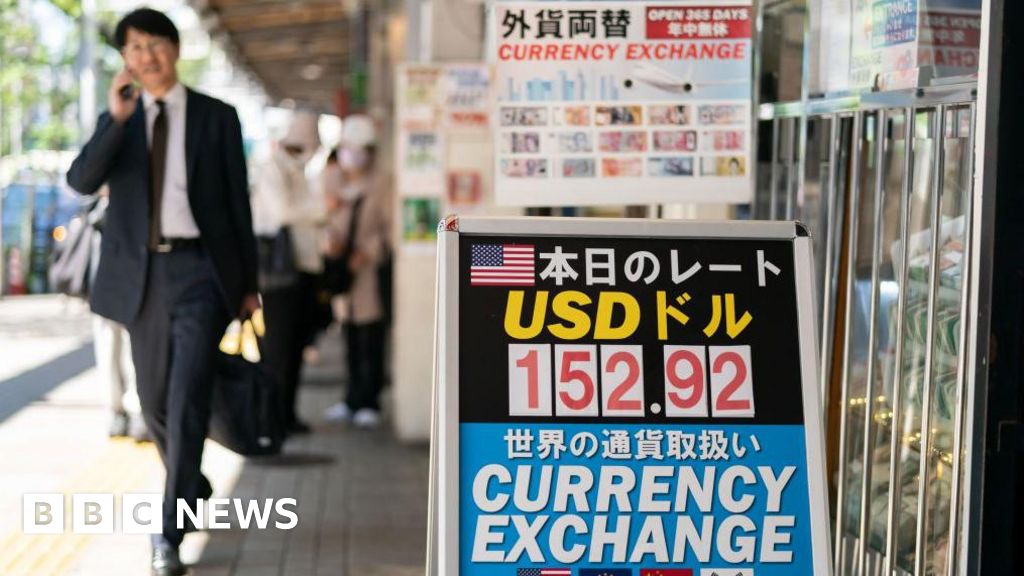OCBC’s Q2 profit tops expectations, says on track to meet 2024 targets
SINGAPORE: Singapore’s second-largest bank Oversea-Chinese Banking Corp (OCBC) reported on Friday (Aug 2) a stronger-than-expected 14 per cent year-on-year jump in second quarter net profit and said it was firmly on track to meet its 2024 targets. “As we look ahead, we are alert to the heightened level of geopoliticalContinue Reading















